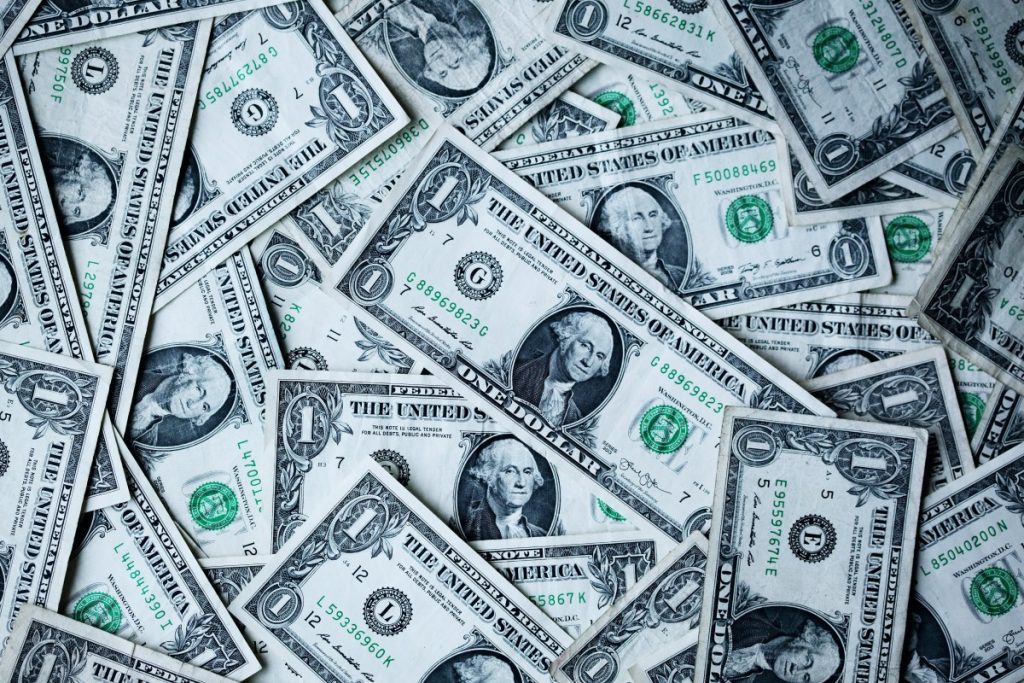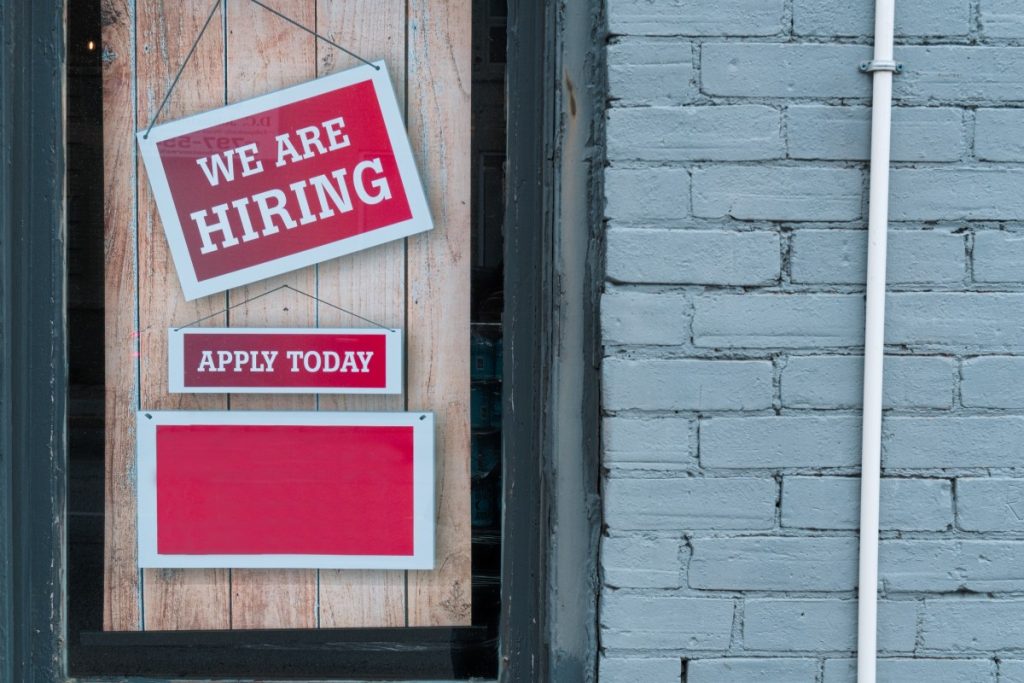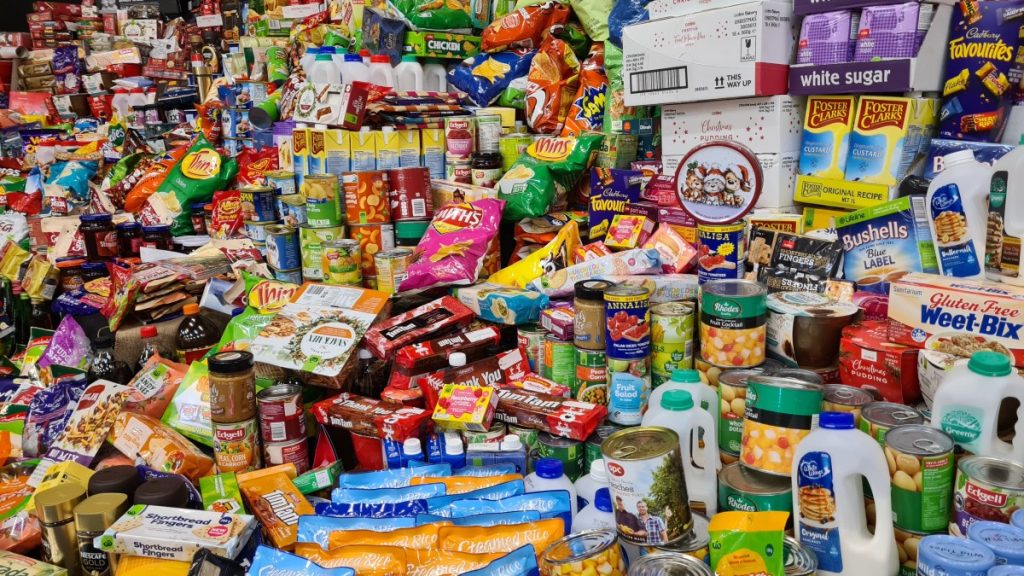Goods play a key role in driving a country’s economic growth and are classified as either consumer non-durables or durables. As goods are purchased, this signals rising consumer confidence, which in turn leads to increased spending and a stronger economy.
Both purchased for personal consumption, the fast-changing pace of consumer trends has allowed for more opportunities in the job market, particularly in the non-durable industry. From consumer apparel and cosmetics to food and beverages, consumer non durables goods can be found in almost every corner of the retail world. But what exactly are they and what career paths involve them?
Read on to find out more about non-durable goods, how it affects the economy, and what career opportunities await you in this industry.
Consumer Durables vs Non-Durable Goods
To put it simply, consumer non-durable or soft goods are products that are consumed or used briefly, whereas durable goods or hard goods are expected to last for at least three or more years.
According to the United States Environmental Protection Agency, soft goods have a lifespan of fewer than three years and as a result, consumers have to dispose of and buy non-durables more frequently than durable goods.
Examples of goods between the two include
- Durable goods: furniture, vehicles, house, gadgets, and appliances
- Non-durable goods: food, medicine, footwear, and gasoline
It’s important to understand the differences between the two when it comes to purchasing consumer goods. An in-depth understanding of this can help you make more smart decisions in the future to ensure you get the best value out of your money.
The Economy and Consumer Behavior
While both types of goods are stable figures in a country’s economy, the demand for both consumer non-durables and durables can be affected by multiple factors. Product prices, consumer preferences, and income will all impact the demand for soft goods. On the other hand, the anticipated price of the goods, income, and technological progress can affect the decisions of consumers when buying hard goods.

Moreover, the current economic conditions, branding, and product development can also affect consumer behavior when purchasing non-durable and durable goods.
Consumer Durables and Economy
- Economic growth. The purchase of durable goods is most likely to increase during economic growth, while non-durable goods sale remains constant. The reason behind this is that people buy soft goods on a regular basis such as groceries, therefore they’d probably buy the same amount even with a changing economy.
- Economic crises. During economic crises or recessions, consumers will have less spending power and in turn, will hold off purchasing hard goods. If still financially able, consumers will most likely purchase the same amount of soft goods even during a crisis.
- Economic indicator. Sales of durable goods are considered reliable economic indicators as they respond to fluctuations in the economy.
- Product development. Consumer durables are more into product development given that they’re expected to last longer than non-durables.
Consumer Non-Durables and Economy
- Correlated with GDP growth. A substantial part of a nation’s GDP is made up of non-durable goods since it consists of personal expenditure, exports, and other government acquisitions.
- Reliable presence in the economy. Non-durables are considered a constant presence in the economy as they are not as easily susceptible to the business cycle as durable goods are. This implies that non-durables are still in demand regardless of economic growth or recession since they are needed items that must be purchased.
- Not an economic indicator. Non-durables’ secure footing in the economy makes them an inadequate economic indicator. Fluctuations in the acquisition of such goods are more likely to reflect changes in population, rather than economic development or downturns.
- Focused on branding. Since this type has to be replaced more constantly, industries offering soft goods focus more on branding rather than product development. Moreover, off-brand products are also higher in non-durables than in consumer durables.
Top Consumer Non-Durables Companies
With various industries offering this type of goods, it’s no surprise that the biggest and most successful brands are the ones dominating the retail market. As such, it’s great to know who these top non-durable brands that provide customers with the best quality products in their respective markets.
Coca-Cola Company
One of the largest beverage companies in the world, Coca-Cola is an American brand that has been in the non-alcoholic beverage business since 1885.
Mainly known for its soft drinks, this corporation grew tremendously globally over the years and has even acquired a number of brands and businesses such as Sprite and Fanta.
Nike, Inc.
An American manufacturing company for athletic shoes and apparel, Nike is a powerhouse when it comes to sportswear. Its products and designs are hyped by many, especially if endorsed by some of the top athletes and artists around the world.
L’Oreal
Another example of non-durable goods is cosmetic and beauty products. Owned by a French Firm, L’Oreal is one of the top leading beauty brands in the market that caters to thousands of employees.
Moreover, this business has successfully cemented its status and has reached other global markets aside from French consumers.
Unilever
Unilever is a British multinational corporation that offers various consumable products such as household products, food and beverages, personal care goods, cleaning supplies, and cosmetics.
Producing this many high-quality goods truly helped with their success as consumers find their products trustworthy and essential.
Philip Morris International
Although widely known for their health risks, cigarettes still remain in demand in various parts of the world, and with demands come supplies. An American company selling in over 180 countries, Philip Morris International is considered one of the leading tobacco companies worldwide.
Best Non-Durable Job Positions

With the constant rise of non-durable products and consumer demands, there are many career opportunities you can check out depending on your skills and education. The need for labor will only increase as more brands will expand, so here are some of the best non-durable job positions in need of your expertise.
Marketing Manager
Those responsible for a brand’s marketing plans are expected to create strategies to increase business sales. By understanding consumer preferences and market trends, you’ll be able to create advertising campaigns that will attract people to buy your products.
Sales Manager
The main responsibility of a sales manager is to handle and monitor a team of salespeople. They lead the sales team by setting goals and quotas, evaluating performance, and developing ways to increase sales.
Beauty and Cosmetic Industry
Since the beauty and cosmetics industry remains trendy nowadays, this is a great option for you to consider. Depending on your preference, you can take on either a part or full-time role as the industry offers plenty of flexibility.
Food and Beverage Manufacturing
Another industry that offers plenty of job opportunities is the food and beverage industry. As mentioned earlier, food will always be in demand, therefore professions in this field will always be accessible.
Quality Assurance
The role of a quality assurance specialist is to monitor and inspect the quality of products to ensure that it meets the company’s standards. Since every product and good has to be inspected before selling to the market, this career is very essential in any manufacturing company.
The Bottom Line
From the different industries discussed, there’s no doubt how essential non-durables are to everyone’s daily lives, and thus should not be underestimated. Understanding the characteristics and impact of this type of goods on the economy can help businesses make the best decisions when it comes to procuring and selling products, and eventually meeting their customers’ needs.

